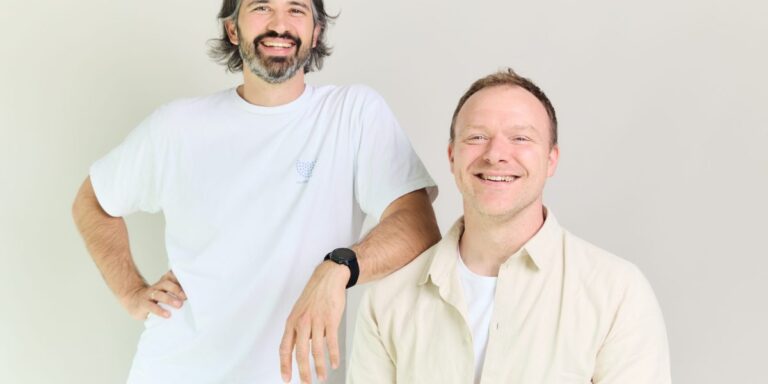What if we could turn all the polluting emissions from fossil fuel-intensive industries into plastics, paints and other products? That’s the dream of Copenhagen-based climate tech startup Again, which has raised $43 million in Series A funding from Google Ventures (the venture capital arm of Google’s parent company Alphabet) and HV Capital. Fortune reveals exclusively.
The company will use the funds to devote more resources to research into food and animal feed products that can be made from carbon dioxide.
Co-founder Max Kufner said Fortune that the company plans to launch its first operations by the end of 2025 or the beginning of 2026 at the latest.
Again’s technology involves pumping carbon dioxide that would otherwise be released into the atmosphere into bioreactors. Bacteria then convert that carbon into valuable products used to make plastics, paints and soaps.
Refining oil to extract various chemicals is responsible for 4% of direct greenhouse gas emissions worldwide, or about 1.8 gigatons of carbon dioxide, making the petrochemical industry the third most polluting in the world.

COURTESY OF AGAIN
Again has raised about $100 million to date, partly through a grant from the European Union and partly through venture capital funding. The company received a $10 million injection from GV, ACME Capital and Atlantic Labs to create a Production site.
Founded in 2021, the company was born out of a 10-year research project at Stanford University of Technology and MIT. This gave Again an advantage when it launched, as much of the learning curve of developing the technology had been overcome, making it easier to set up the company and focus on its development.
Torbjørn Jensen and Alex Nielsen, academics involved in the research, later became co-founders of Again, along with early-stage investor Kufner.
According to Dealroom, climate-related technologies have grown 45-fold in the last decade. But as global temperatures and extreme weather events continue to rise, much more is needed.
Again’s technology overcomes one of the biggest hurdles in climate tech: the ability to scale it. One of the biggest challenges for modern climate tech companies is that they’re trying to capture carbon dioxide from the atmosphere, turn it into a very fine form, and put it back into the earth, Kufner says.
Jensen said Fortune It is the process of capturing and efficiently converting carbon dioxide that sets Again apart.
“We’re reducing emissions and we’re producing a high-value product at the same time,” he said. “But it has to be cheap, it has to be robust and it just has to work 24/7, all year round.”


